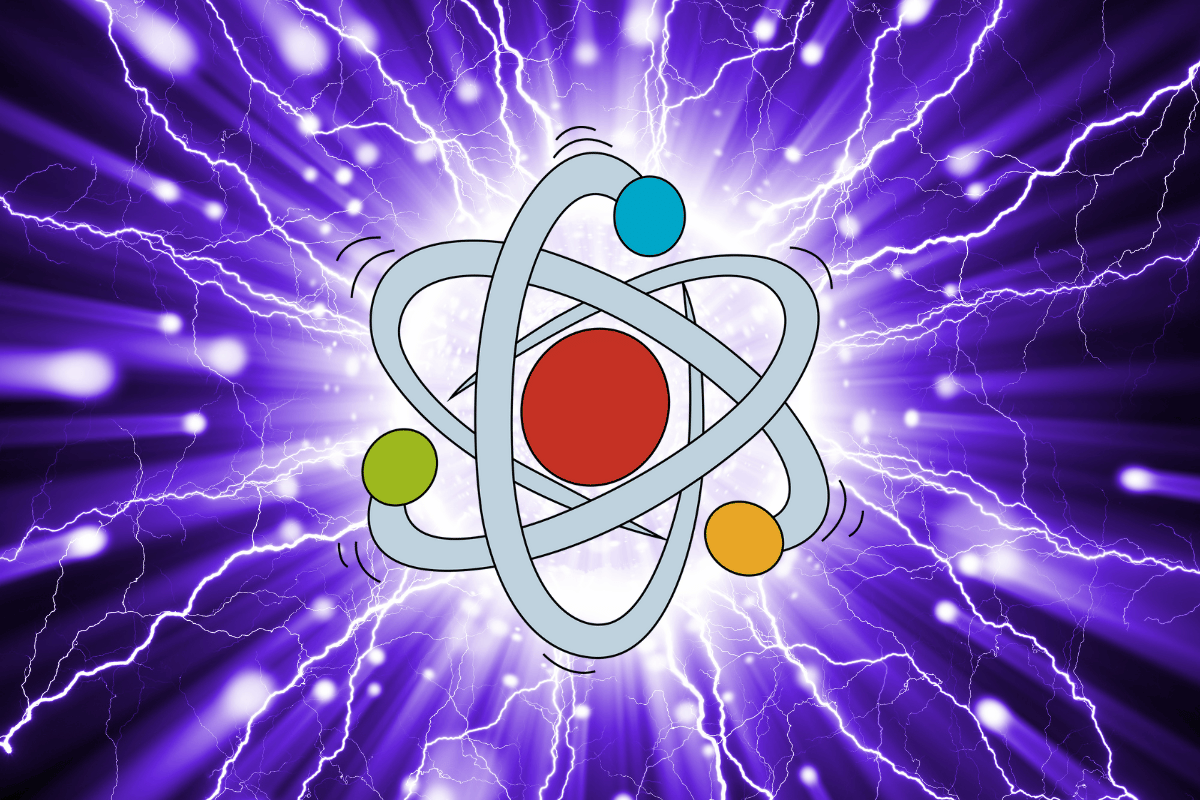What is the Science of Music?
A complex language of emotion and human expression, music has developed over many thousands of years; the science of music investigates the mathematical and scientific foundations of these sounds. Innumerable ways may music influence and inspire us. Knowing the science underlying music can help us to better grasp its psychological and physical impacts on our lives.
Overview of Science of Music
The physical behavior of sound waves to the psychological link between music and emotion are all covered by the large and dynamic area of music science. It combines acoustics, neurology, and music theory among other fields to describe how music functions and impacts humans.
Scientific investigation of musical structures, or sound waves, and their behavior in both the natural and manufactured environments is at the core of this branch of research. Furthermore, scientific study examines the effects of music on our emotions, body chemistry, brainwave patterns, and conduct.
The Origin of Music
Even if music is a very old kind of communication, its precise beginnings are still unknown. Though some scholars contend that a common source predated all known music, it is thought that musical traditions developed independently in each society.
It appears from linguistics and archeology that musical activities have existed in human society from the first Homo sapiens communities. Bird bone flutes and animal horn whistles are among the musical instruments that anthropologists have discovered in Sub-Saharan Africa from 75,000 years ago. Linguists have, meantime, discovered evidence of musical notation systems in languages spoken all across the world.
The Science of Frequency and Sound Waves
Sound wave and frequency research is the foundation of music science. A sound wave is an impulse of energy produced when a sound source vibrates; frequency is the number of vibrations per second of a sound wave. Measured in hertz, or Hz, frequency is what produces notes, chords, and other musical sounds.
Air and objects are among the molecules that can vibrate at different frequencies. The foundation of sound production, for instance, is the creation of a sound wave by disturbance of air. After reaching our ears, our brains convert this sound wave into sounds.
The Physical Effects of Music on the Body
We may change our mental and physical moods with music. Physically, music influences us by entrainment or the synchronization of our bodies to the intensity and rhythm of a musical work. In an upbeat song, for example, our pulse rate and respiration may rise; in a slow and steady tune, they may follow the song’s.
Physical reactions to music can also include pain and tension reduction in the muscles. In one study, hospitalised patients’ physical pain was lessened by music than by medication, enabling them to take less painkiller.
The Psychological Effects of Music
Music has psychological consequences in addition to its physiological ones. Our behavior, cognitive function, and emotion may all be influenced by music. A survey of studies on the psychological impacts of music revealed that it could help with focus, memory recall, and anxiety reduction among other things.
Additionally shown to be relaxing and to lower stress levels is music. More so than a placebo, jazz music was shown in one study to lower anxiety levels.
Benefits of hearing music:
1) Lowers Stress: Both psychologically and physically, music may help to lower stress levels.
2) Enhances Sleep: Studies have demonstrated that music can help people fall asleep, particularly when they are sleep deprived.
3) Improves Mood: A person’s perspective on life can be improved and their mood can be improved by music.
4) Enhances Memory: Research indicates that music might enhance cognitive function and memory retrieval.
5) Improves Concentration: Background music listening serves to divert attention from unrelated ideas.
6) Promotes Creativity: Music can promote more idea exploration and creativity.
7) Improves Physical Performance: Research has indicated that songs with a pace of about 140 beats per minute can improve physical performance.
8) Inspires: Both in personal and professional life, music may be a wonderful source of inspiration.
9) Heals: It is well recognized that music helps people better understand and deal with hardship by acting as a treatment for both mental and physical suffering.
10) Increases Pleasure: Music can provide different activities like dancing, eating, and exercising that little more.
Examining the psychological and physiological consequences of musical sound is the developing discipline of music science. Understanding of the mechanics, history, and effects of music has been made possible by study in this area. Numerous feelings and mental states can be evoked by music, which can also cause bodily reactions and lessen discomfort. We may enhance our knowledge of the science of music and the myriad ways it affects our lives as long as study in this area continues.
